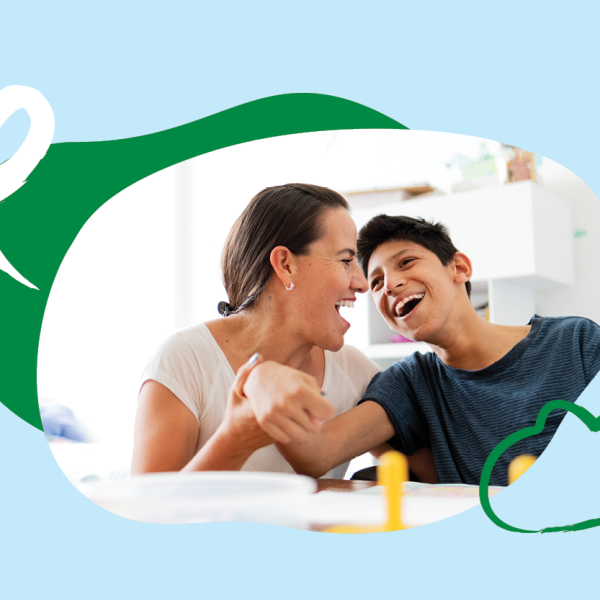SNAICC welcomes Mental Health and Wellbeing Strategy, calls for more support

SNAICC, the national peak body for Aboriginal and Torres Strait Islander children, has welcomed the National Children’s Mental Health and Wellbeing Strategy while also calling on governments for a greater commitment to Aboriginal-led solutions for First Nations children and families.
“We are pleased the strategy focuses on the rights of the child, as the COVID-19 pandemic has thrown up so many challenges for the social and emotional wellbeing of our children,” SNAICC CEO Catherine Liddle said.
“Children thrive when they are safe, loved and cared for in their families and communities, and the strategy recognises that for Aboriginal and Torres Strait Islander children, culture is an anchor that strengthens their sense of self and identity,” she added.
Released on Tuesday, the strategy reports that children who have experienced the child protection system are twice as likely to experience mental illness, and those who have experienced out-of-home care are five times more likely.
Of all the children in Australia living in out-of-home care, 41 per cent of them are Aboriginal and Torres Strait Islander children.
“Living away from your family, your mob, your community, has a significant impact on a child’s mental health and wellbeing. We need to do more to support families, prevent child protection intervention, and keep our children connected to culture,” Ms Liddle noted.
The strategy also identifies the need for targeted culturally safe support services for Aboriginal and Torres Strait Islander communities. This includes prioritising trauma-informed care for First Nations children in out-of-home care and ensuring access to culturally appropriate early childhood education and care.
“Our Aboriginal community-controlled organisations offer wraparound support services that work closely with our children and families – and are the best solution to combat the impacts of colonisation, discrimination and intergenerational trauma that has led to high rates of child removal,” Ms Liddle said.
“Through this strategy, and the next 10-year National Framework for Protecting Australia’s Children, we look forward to working with governments to prioritise community-led approaches that values the strength of our families and their children so that they can live happy and healthy lives.”
To access the Strategy please see here.
Popular

Policy
Economics
Jobs News
Provider
Workforce
Children’s Services Award changes finalised to address gender-based undervaluation
2025-12-12 06:58:10
by Fiona Alston

Provider
Workforce
Quality
Fair Work Commission confirms forced resignation grounds in case involving early learning provider
2025-12-08 07:30:23
by Fiona Alston

Workforce
Quality
Practice
Provider
Research
How one teacher is using Little J & Big Cuz to build empathy, understanding and confidence in First Nations learning
2025-12-08 07:15:19
by Fiona Alston
















